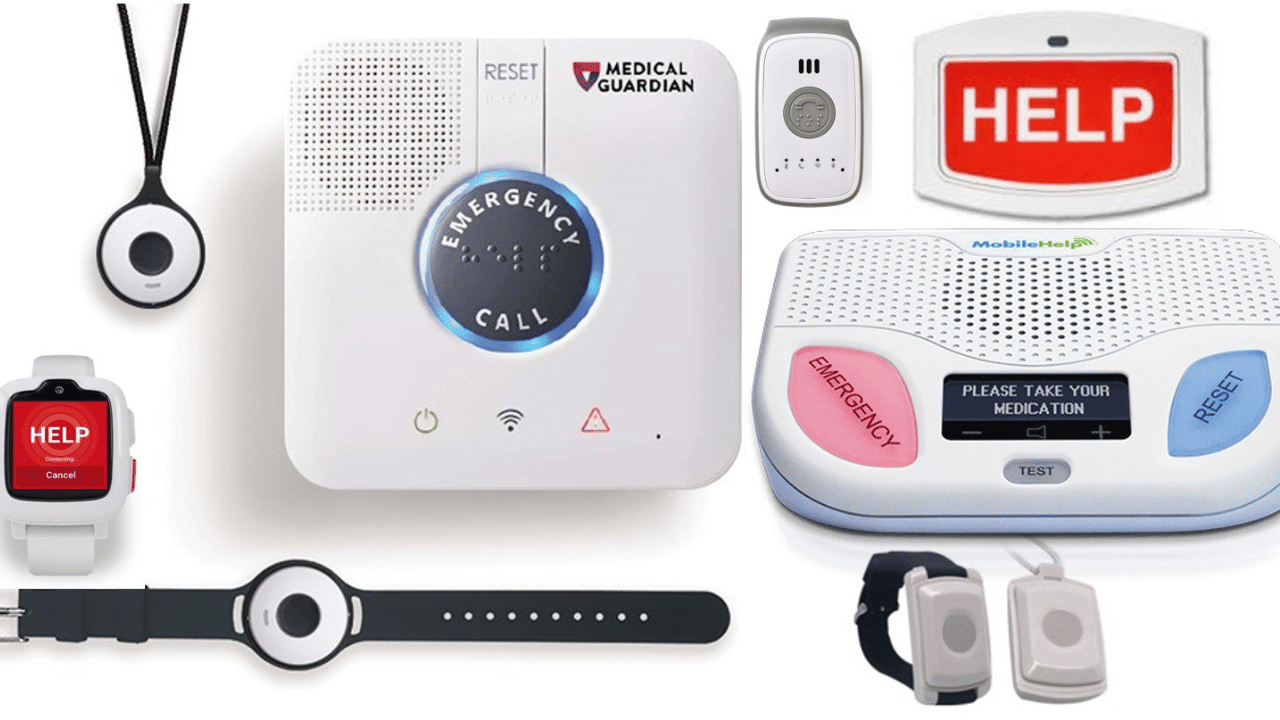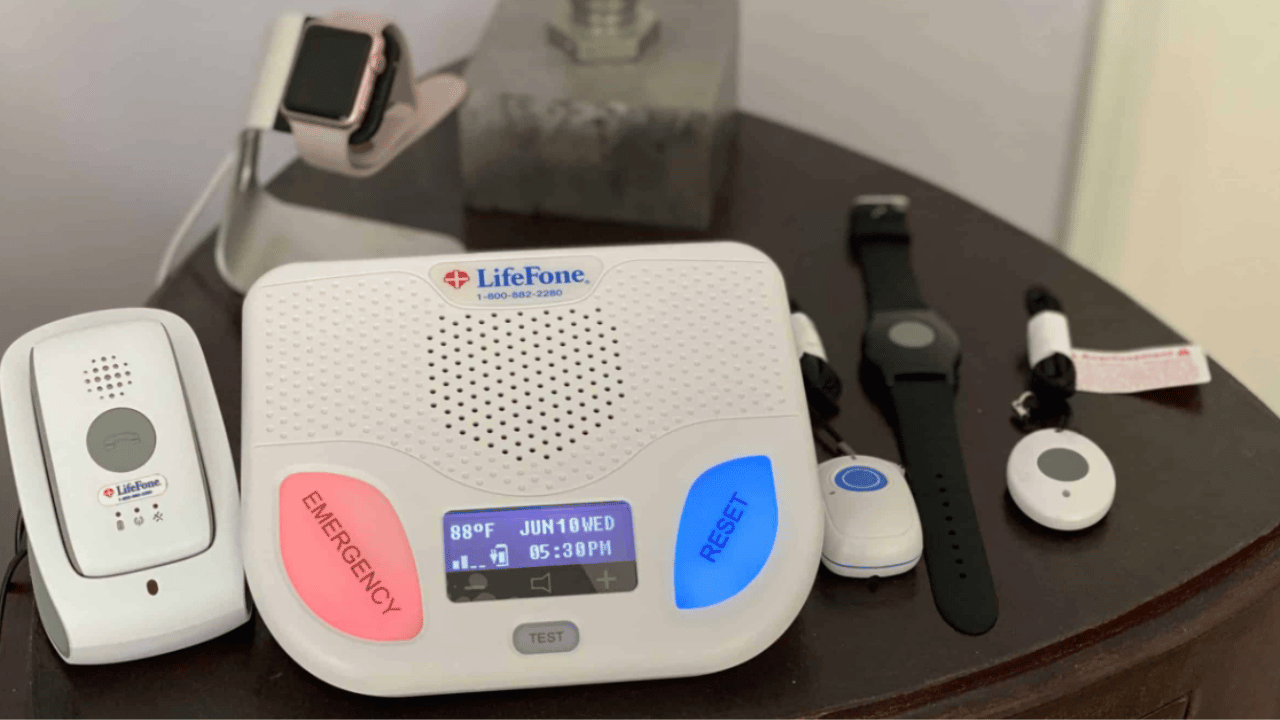Unveiling the Financial Benefits: Medical Alert Systems vs. Assisted Living Facilities
In an era where aging gracefully at home is a cherished goal for many seniors, the choice between a Medical Alert System and Assisted Living Facilities becomes a pivotal decision. Beyond the obvious differences in lifestyle, there's a significant financial aspect to consider. Let's delve into the financial benefits of both options to help you make an informed decision that aligns with both your loved one's well-being and your budget.
The Cost of Independence: Medical Alert Systems
Medical Alert Systems have emerged as a beacon of independence for seniors who wish to age in the comfort of their own homes. These systems typically comprise wearable devices equipped with emergency buttons, fall detection, and 24/7 monitoring services. From a financial perspective, the benefits are substantial.
- Affordability and Transparency
Medical Alert Systems operate on a subscription-based model, providing a cost-effective solution compared to the hefty fees associated with assisted living facilities. The transparent pricing structures ensure that families can budget effectively, knowing the exact monthly cost without any surprise charges.
2. Reduced Healthcare Costs
By facilitating prompt emergency response, Medical Alert Systems can contribute to reducing healthcare costs in the long run. Swift intervention in the case of a fall or a medical emergency may prevent the escalation of health issues, reducing the need for costly hospital visits.
3. No Hidden Maintenance Costs
Assisted living facilities often come with hidden costs for maintenance, housekeeping, and general upkeep. Medical Alert Systems, on the other hand, require minimal maintenance, with the focus primarily on ensuring the wearable device is functioning correctly.
The Allure of Assisted Living Facilities
While the financial benefits of Medical Alert Systems are compelling, it's essential to explore the financial aspects of assisted living facilities to provide a comprehensive view.
- Comprehensive Care Services
Assisted living facilities offer a comprehensive array of services, including accommodation, meals, housekeeping, and round-the-clock assistance. However, these services come at a considerable cost. Monthly fees for assisted living facilities can range from several thousand to tens of thousands of dollars, depending on the level of care required.
2. Potential Hidden Costs
Assisted living facilities may present a seemingly all-inclusive package, but it's crucial to scrutinize the agreement for potential hidden costs. Extra charges for additional services, medications, or specific medical needs can significantly impact the overall expense.
3. Financial Impact of Relocation
Transitioning to an assisted living facility often involves selling the current residence, potentially incurring real estate-related costs. The financial impact of relocating to a facility must be carefully evaluated, taking into account both the selling of the existing property and the expenses associated with moving.
Making the Decision: Balancing Finances and Well-being
The decision between a Medical Alert System and an Assisted Living Facility is deeply personal, often requiring a delicate balance between financial considerations and the well-being of your loved one. Here are some key factors to help guide your decision-making process:
- Assessing Health and Care Needs
Consider the current health status and care requirements of your loved one. If they require extensive medical attention and assistance with daily activities, an assisted living facility may be the more suitable option. However, if the primary need is emergency response and a sense of security, a Medical Alert System might be the right fit.
2. Financial Preparedness
Evaluate your financial situation and determine the budget you can allocate to senior care. If you're seeking a more cost-effective solution without compromising on safety, a Medical Alert System can be an excellent choice. For those with the financial means, an assisted living facility may offer a higher level of care and convenience.
3. Preference for Independence
Consider your loved one's desire for independence. Aging at home with the support of a Medical Alert System allows for a level of autonomy that might be crucial for emotional well-being. Assisted living facilities, while providing care, may entail a significant adjustment and a perceived loss of independence.
Let Us Help You Make the Right Choice
In the realm of senior care, the financial aspects play a crucial role in determining the most suitable option. While Medical Alert Systems offer an affordable and transparent solution, assisted living facilities provide comprehensive care services at a higher cost. The decision ultimately hinges on a careful assessment of your loved one's health, care needs, and financial situation.
In navigating this decision-making process, prioritize open communication with your loved one, involve them in the discussion, and seek professional advice when needed. Whether you choose the financial efficiency of a Medical Alert System or the comprehensive care of an assisted living facility, the overarching goal remains the same: ensuring the safety, comfort, and well-being of your loved one as they age gracefully.
Contact us today, our Personal Consultants will assist you with understanding which medical alert is right for you or your loved one.










